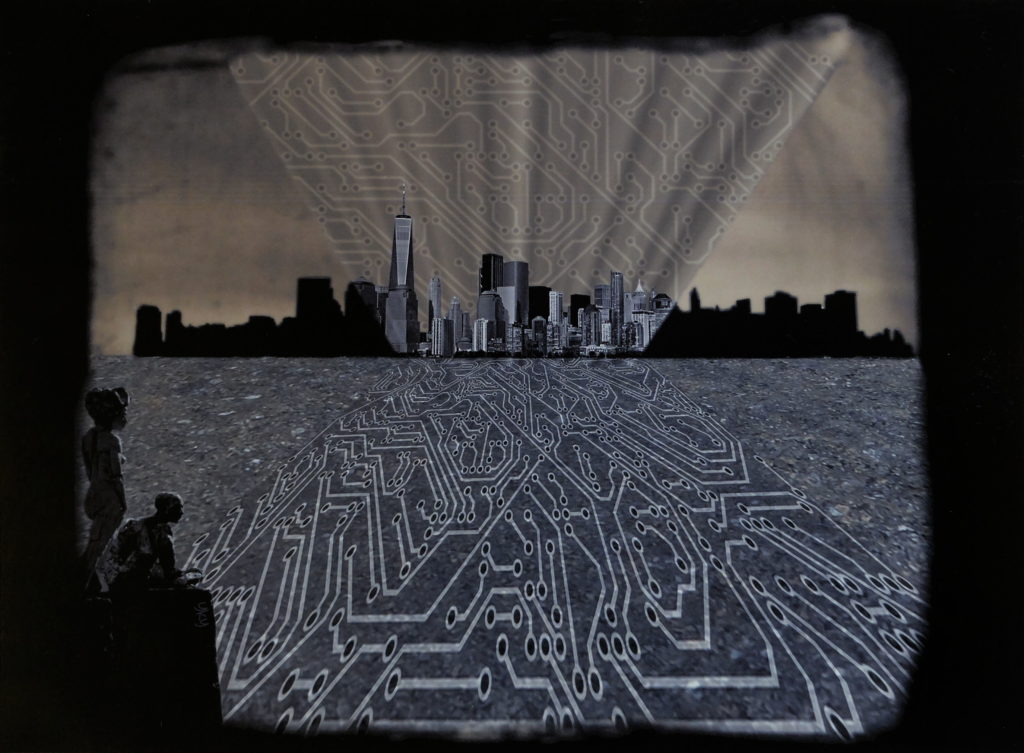Is there any chance to escape urban data? The answer is simply no. Why? Because we are the data. We consume data, we create data, we exchange data. Data are everywhere: Internet of Things, social networks, cell phones, sensors… They are all part of our virtual landscape. Is there any chance that the trend could reverse? No. Why? Because this generates business. As such, this is not a bad thing. The field of opportunities covered by the development of the smart city is huge: environment, logistics, health, transportation, safety, security … In other terms: our daily life.
A comprehensive article published by R.T Ilieva / T. McPhearson (1), addressing the usage of social media data for urban sustainability, details the range of opportunities and in the same time underlines that the value of those data is poorly understood. We need to give full credit to the authors for having listed not only the development of opportunities but also the challenges and the possible strategies to address them.
Thereof, one question: does the smart city improve urban resilience? Or said differently, can data help an urban space to better integrate the occurrence of hazards in such a way that city operations would not be compromised. When this question is seen from the technical point of view, there is ample evidence that data can be useful to better manage urban risks. The MIT Urban Risk Map (2), or more generally, the listing of urban risks and their relevant remote-sensing and city specific data (3) are self-speaking examples.
Though no one could deny the willingness of entrepreneurs engaging in the smart city to be socially responsible, the key point tilting the balance in favor of social commitment will not be technical but political. The biggest risk we face is to ignore the need for governance based on a collective intelligence, as cleverly highlighted by A. Meijer & Al. (4). There will be no smart city without smart citizens. Denying the risk of unrepresentative data mapping due to the lack of infrastructures and financing in poor areas would be a big mistake. Ignoring the need of connecting data with people needs would lead to a dead end. To this extent, the statement of the Rockefeller foundation (5) is encouraging as well as technical surveys (6) recognizing that wealth should not be distributed unevenly.
Ultimately, there should be no compromise for making sure that the smart city will contribute to the well-being and well-living of people together. To do this, urban citizens need to be empowered by entrepreneurs mastering the technical knowledge and committed towards the community.
Is this a wishful thinking? Who will benefit? In the below work, a couple watching the Hudson River submerging Manhattan under a flow of data has no illusion and questions the perspective of a shared benefit.

- https://www.nature.com/articles/s41893-018-0153-6
- https://urbanrisklab.org/riskmap
- https://doi.org/10.1017/sus.2018.16
- https://doi.org/10.1177%2F0020852314564308
- http://news.trust.org/item/20190207161030-etmqs
- https://newsroom.intel.com/wp-content/uploads/sites/11/2018/03/smart-cities-whats-in-it-for-citizens.pdf
